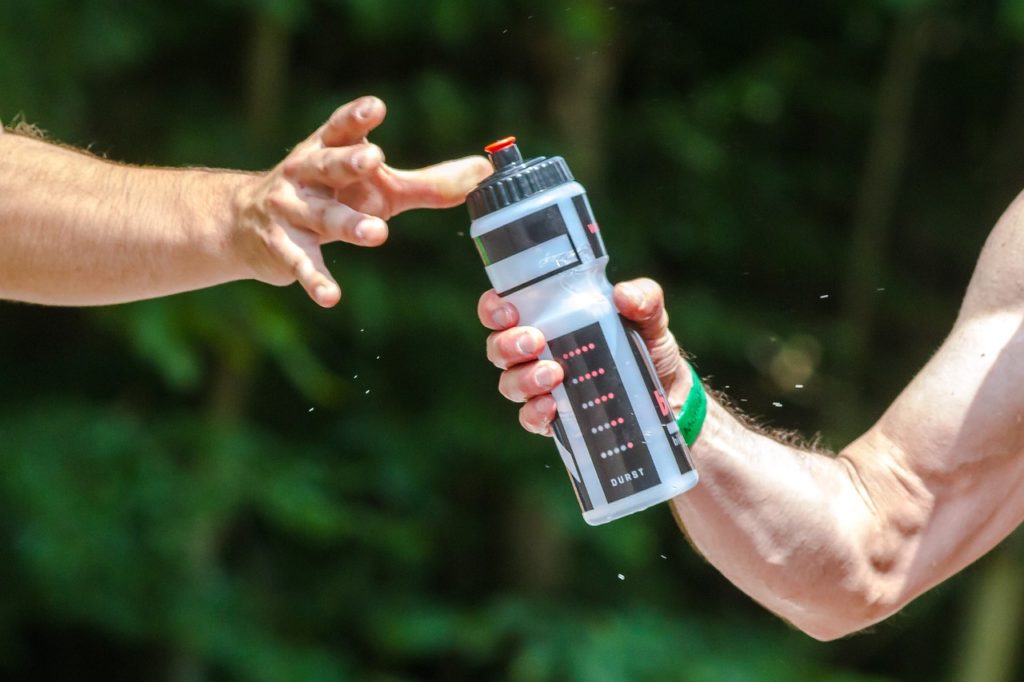Most of us are experiencing a heat wave this summer, it’s important to keep drinking water. Inadequate hydration can have a profound affect on our physical and mental condition, especially during the summer. And despite the proliferation of water bottles, canteens, Nalgenes, and hydration packs, many of us aren’t still aren’t getting enough water.
The Importance of Drinking Water
Our bodies are mostly comprised of water and every bodily process depends on water to function well. From a recent New York Times article: “Every bodily process, every living cell, depends on water to function properly. Water transports nutrients, regulates body temperature, lubricates joints and internal organs, supports the structure of cells and tissues and preserves cardiovascular function. People can survive for only three or four days — a week at most — without water.”
The Effects of Dehydration
Not getting enough water can negatively impact your energy, appetite, cognition and heat tolerance. It can also contribute to dizziness, constipation, kidney stones, and a dangerous drop in blood pressure.
Getting Enough Water
Everyone’s water needs vary. If you exercise, your water needs increase. And for those of us who engage in long bouts of strenuous activity it may help to couple water with sports drinks that replenish electrolytes, sodium, and potassium (but be wary of the sugar content).
The good news is that you don’t have to make up for lost water by lugging around one of those cumbersome Hydro Flasks. Eating nutritious foods with a hidden water source like fruits, vegetables, and seeds can enable water to slowly absorb into your body, too. Eating these types of foods not only counter the effects of dehydration but also improve your diet.
If you do plan on strenuous activity, start hydrating the day before. It’s also important to check the color of your urine (the paler, the better) and drink during and after your activities. Keep in mind that some of the B complex supplements will turn your urine a bright yellow color.
For competitive and ultra-endurance who have a history of dehydration symptoms, intravenous fluids could offset dehydration and cramping. Currently, there is anecdotal evidence to support the benefits, but no high-level studies can confirm the benefits of IV hydration before, during, or after an event. And it’s important to note that IV fluids are not allowed in World Anti-Doping Agency-governed competitions. A recent study doesn’t recommend IV therapy as a best practice for a majority of athletes.
For reference:
New York Times: “Drink Up! Most of Us Could Benefit From More Water”
Sports Health: “Intravenous Fluid Use in Athletes”
Dr. Sonja Stilp delivers innovative, individualized physical medicine and rehabilitation with a focus on spine and sports medicine at RISE. If you are interested in learning about more ways to stay hydrated and achieve peak performance schedule an appointment to meet with her at RISE in Boulder, Colorado.

